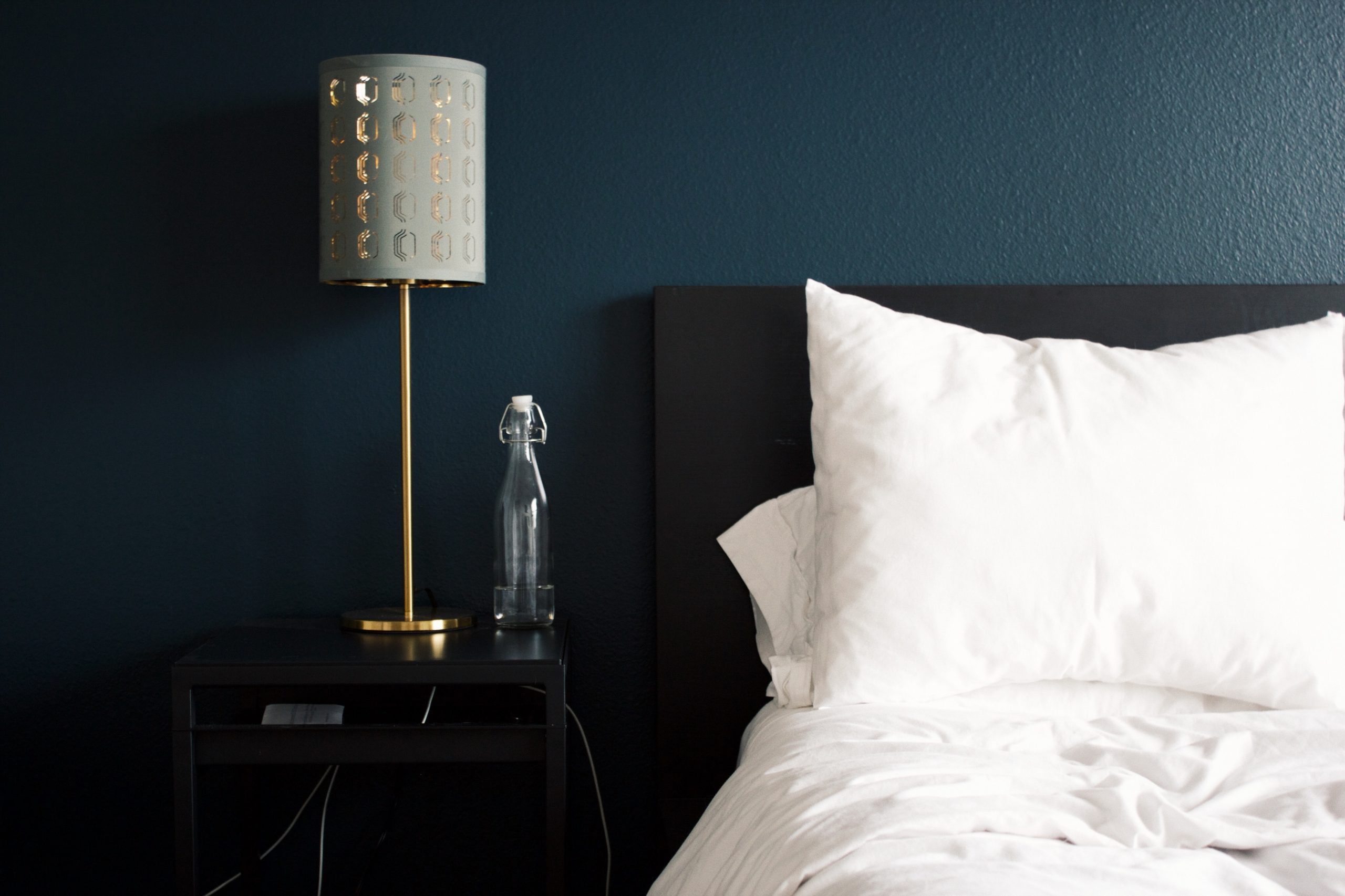
FIVE SLEEP TIPS FOR WORLD SLEEP DAY
5 tips for a great night’s sleep
We all know how important sleep is to our overall health and wellbeing, but an increasing number of us are suffering from poor quality shut eye. This can cost us our hard-fought fitness gains and stall our fat loss efforts. As it’s World Sleep Day, try these five tips to improve your sleep habits and reap the benefits of improved performance and focus.
Stick to a routine
Our natural circadian rhythm plays a huge part in regulating our sleep patterns, and even small changes to routine can cause havoc with this delicate balance. Sleep experts recommend a consistent waking and sleeping time daily, even on weekends, to avoid feeling drowsy during the day. It’s tempting to hit the snooze button sometimes but avoiding this will only benefit you in the long run.
Avoid having caffeine too late
Caffeine is a well-known stimulant (and that’s why so many of us love it!), but if you’re chugging down too much too late it can have a serious affect on the duration and quality of your sleep. One study found that drinking caffeine even 6 hours before bed reduced sleep time by a whole hour. While we’re not advising missing out on that latte, americano or pre-workout energy drink, try and have your last one no later than 3pm to minimise its sleep disrupting effects.
Have a bedtime routine
Your body thrives on routine, and a consistent pre-bed plan will prime your body to expect a good night’s sleep. What works differs for everyone but try and plan at least an hour to wind down with a bath, book, music or other relaxing activity before you hit the hay. People have often been advised to avoid exercise before bed. However, a study by the National Sleep Foundation found that those who report exercising close to bedtime do not have difficulty falling asleep (which is great as all our gyms are open until 10pm on weekdays!).
Avoid eating late
Although we now know that eating late has no effect on weight gain in itself (a calorie is a calorie whatever time you eat it), we do know that consistently eating late can disrupt your sleep. This is due to your body being busy digesting food rather than producing those all-important sleep hormones. The effect of this can be felt the next day such as feeling sluggish and bloated. Experts recommend eating your main meal around 3 hours before bed. If that bedtime snack is too tempting, try to choose something small and easily digestible such as a banana.
Exercise
Yes, we’re biased but there’s a substantial body of scientific evidence to show that exercise helps improve sleep. Making exercise part of your regular routine can contribute to healthier, more restful sleep, and may help improve sleep issues. This may in part be due to the body-heating effects of exercise, especially when performed in the afternoon or later. Exercise triggers an increase in body temperature, and the post-exercise drop in temperature may promote falling asleep. So hitting the gym regularly might just help you on your way to your best ever sleep!